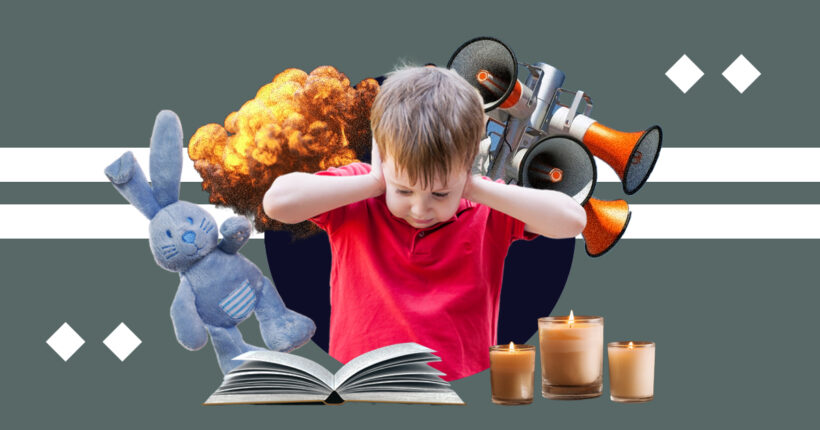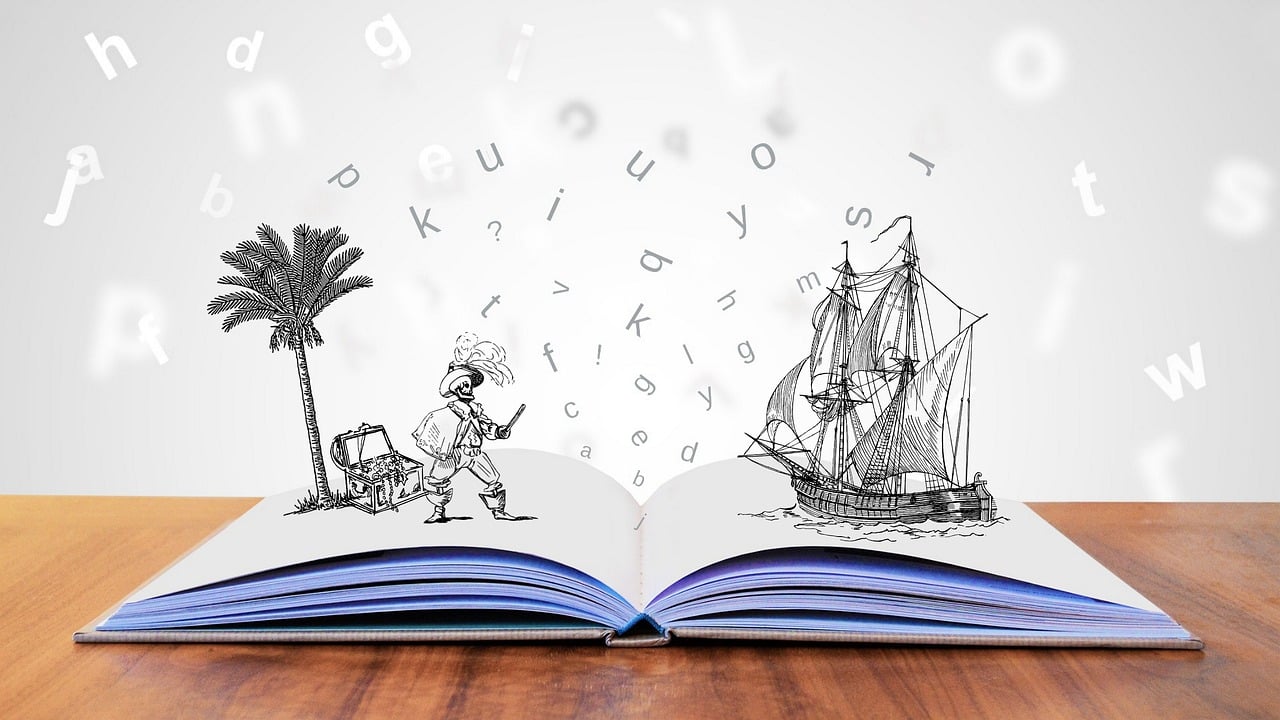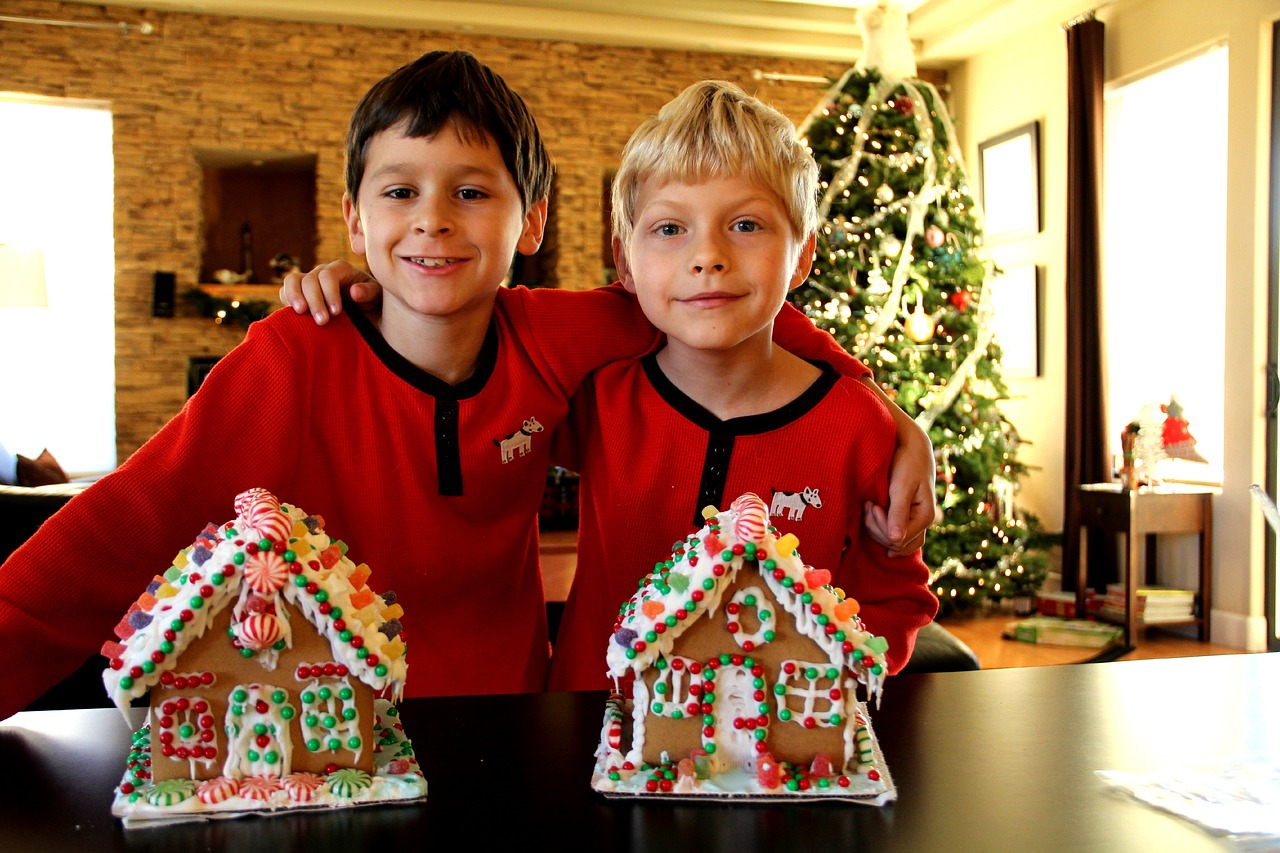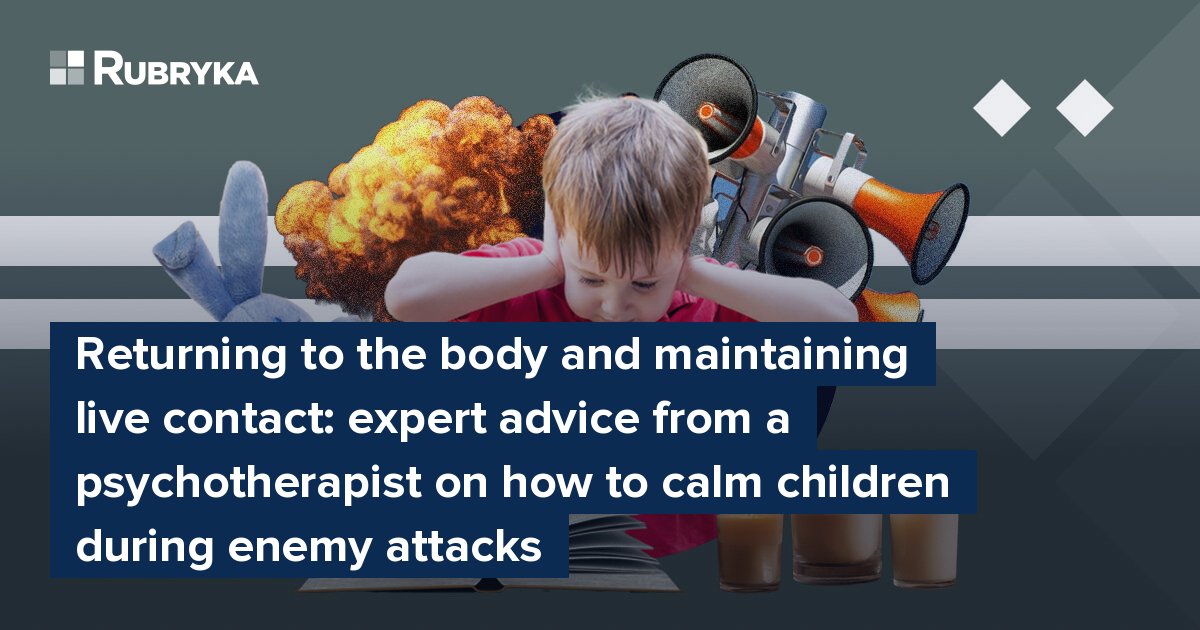
What is the problem?
While many have become accustomed to it, some children are now starting to display anxiety that was previously hidden, notes Tamara Prydatko, a psychotherapist with an analytical approach. She receives numerous requests from parents regarding this issue. The expert clarifies the situation:
"That means the children were used to managing, but now they face some challenges. This signifies that the cumulative effect is indeed taking place. We must be prepared for this."
What is the solution?
Children require security and assistance from adults.
It's crucial to support children during the winter, especially with the cold and darkness that can come with it. This is even more important when they must be in shelters or confined in corridors or bathrooms of their homes and hear loud explosions.
It's crucial to proactively prepare children for potential challenges and maintain frequent communication with them.
How does it work?
There needs to be a plan of action
"When discussing pre-adolescent children, it's crucial to prepare them. To light candles without practical need or sing together. This helps them become accustomed to the fact that this is a normal occurrence in our family and that we can handle it. In fact, it can even help calm them down and prevent any panic," explains the psychotherapist regarding potential long-term blackouts, as was experienced last year in Ukraine.

The picture shows Tamara Prydatko, a psychotherapist with an analytical approach, in a personal photo from her archive.
It's essential to keep lively contact with teenagers. Older kids tend to get easily sidetracked by their gadgets. However, according to Tamara Prydatko, relying on gadgets doesn't alleviate anxiety or allow one to cope with certain situations fully.
"We must provide children with the tools and support they need to manage their emotions. Children need to connect with their bodies and focus on their breathing. We could try saying something like, "Remember when you had a knee ache, and we were able to make it feel better? What could help you now? How can I help?" explained the expert as an example.
Additionally, children need to know the appropriate steps to take if they need to go to a shelter. Kindergartens and schools have already established these step-by-step procedures by having children pack backpacks for shelter situations. Similar protocols should also be implemented at home.
For example, if there are air raid sirens and explosions, the child just grabs a favorite toy or pillow and heads to the shelter.
Adults should tell the child: "Yes, it's scary, but we've already been through it with you, and I'm here with you."
If the shelter offers such an opportunity, one can engage in hands-on activities using illuminated boards. Adults can also create something with the child through knitting or drawing. Furthermore, they can entertain children by sharing fairy tales or simply telling stories.
According to the psychotherapist, adults need to link the use of fine motor skills or imagination to help the child become more connected with their body.
"Yes, it can be quite scary now. Just take a moment to feel how your hand feels at this moment – you can squeeze it immediately," Tamara Prydatko suggests.
She says that being overwhelmed with emotions and "leaving the body" prevents children from being able to manage the situation and that "returning" to the body can aid them in dealing with it.
Fairy tales work, too
There are specialized therapeutic books on war that psychologists have specifically created.
However, the child's consent must be obtained before reading them, as not all children may be ready. It may be too frightening for some, and others may have a parent at war, causing them to perceive all information more sensitively.
"We do not shield the child from the war because children know, hear, and see about it anyway, but we give information moderately," Tamara Prydatko says.
During the war, which has been ongoing since 2014, many fiction books have appeared in which the war is woven through specific images and metaphors. If they are created in collaboration or with the peer review and approval of experts in child psychology, then such books can also work.

Illustrative image from the Pixabay service
If the book not only contains war but also a solution to it, children will understand it quite well. It's crucial to demonstrate that there will be a day when there are no more air raids.
The youngest kids don't have any memory or understanding of life before the war. As for children whose parents have been involved in the war since 2014, the idea of life without war is entirely foreign to them, according to Tamara Prydatko.
"In these books, it's described that the raccoons, for instance, returned to their home and rebuilt it. Despite the forest being burned and the home looking terrible, they made it livable again. They even added some new decorations and planted some new plants. It's a great narrative, and even better that there's a sequel. It is important for us to give children the opportunity to survive and live now so that they have a continuation of life," emphasizes the psychotherapist.

Illustrative image from the Pixabay service
But grown-ups also need to consider the child's well-being. If a child is extremely frightened by any sound of air defense activities, they shouldn't read a book about war with them. The first priority is stabilizing the child's condition, which requires more psychological work. Only then can adults suggest reading as a possibility, as Tamara Prydatko explains.
She emphasizes: "As parents, we need to provide our child with a chance to emotionally support and ground themselves at home."
Other solutions
Don't take the holiday away from children
Grown-ups frequently debate the necessity of having Christmas trees in town squares this year. However, for children at home, whether there is a tree or not, there should still be a holiday. Tamara Prydatko firmly believes in this.
"I believe we shouldn't deprive children of their holidays. As adults, we've already had our fair share of them and tend to handle them differently. Unfortunately, so much has already been taken away from children. Therefore, whether to visit a national Christmas tree is a decision each family should make individually. Still, I think every child deserves to have a childhood so they can grow up and create wonderful memories for others."
Unfortunately, the Ukrainian nation has already been deeply affected by this war, and it still cannot be fully comprehended to what extent.
"Parents are obliged to support the lives of their children. From a professional standpoint, I think we should not deprive children of the opportunity to take holidays if we can at least do something," psychotherapist Tamara Prydatko says.

Illustrative image from the Pixabay serviceSometimes parents are just too exhausted to do anything at all, but if they can, it's worth giving even a small thing a shot, like watching a good, comedic movie together.
"Children should believe that there is not only evil in this world; they should see the other side. That's why I believe having small moments of happiness is important. Children can't be sad all the time, or they won't be able to cope. They should experience sadness and fear but also receive good things in life," the expert explains.
Here, Rubryka discussed children's books that can benefit parents. Also, Rubryka delved into the therapeutic effects of "Brave Tales."
Newsletter
Digest of the most interesting news: just about the main thing








